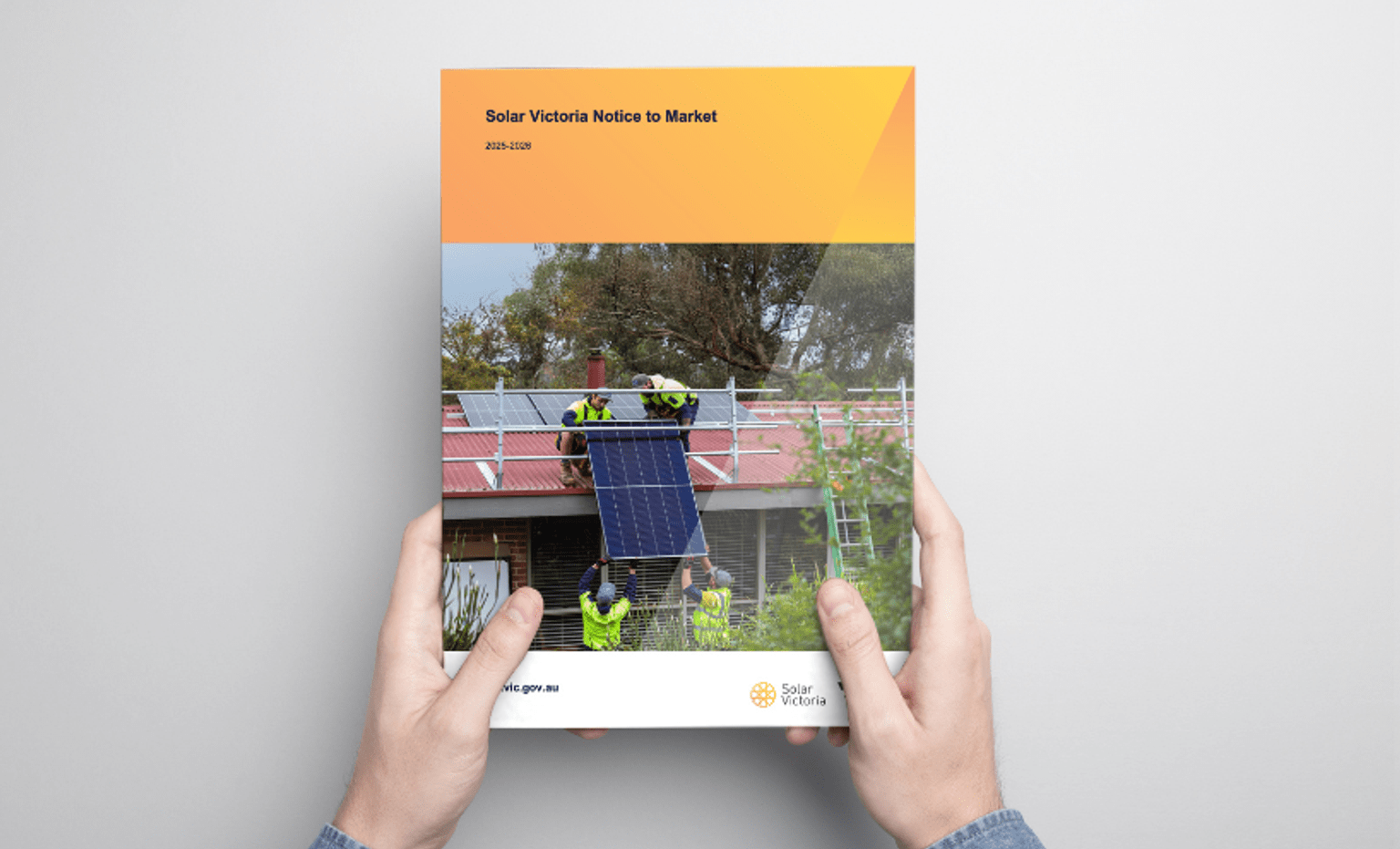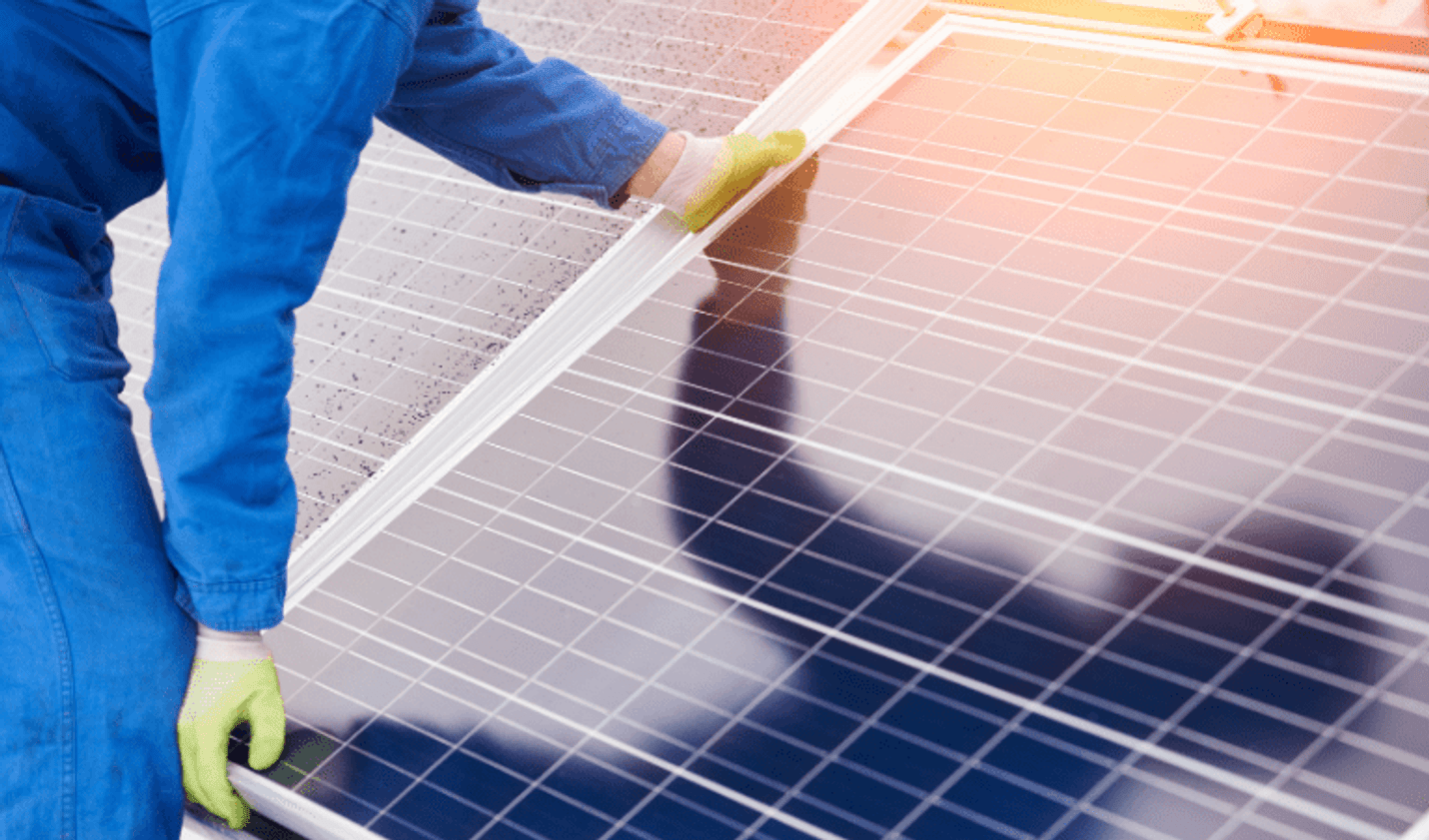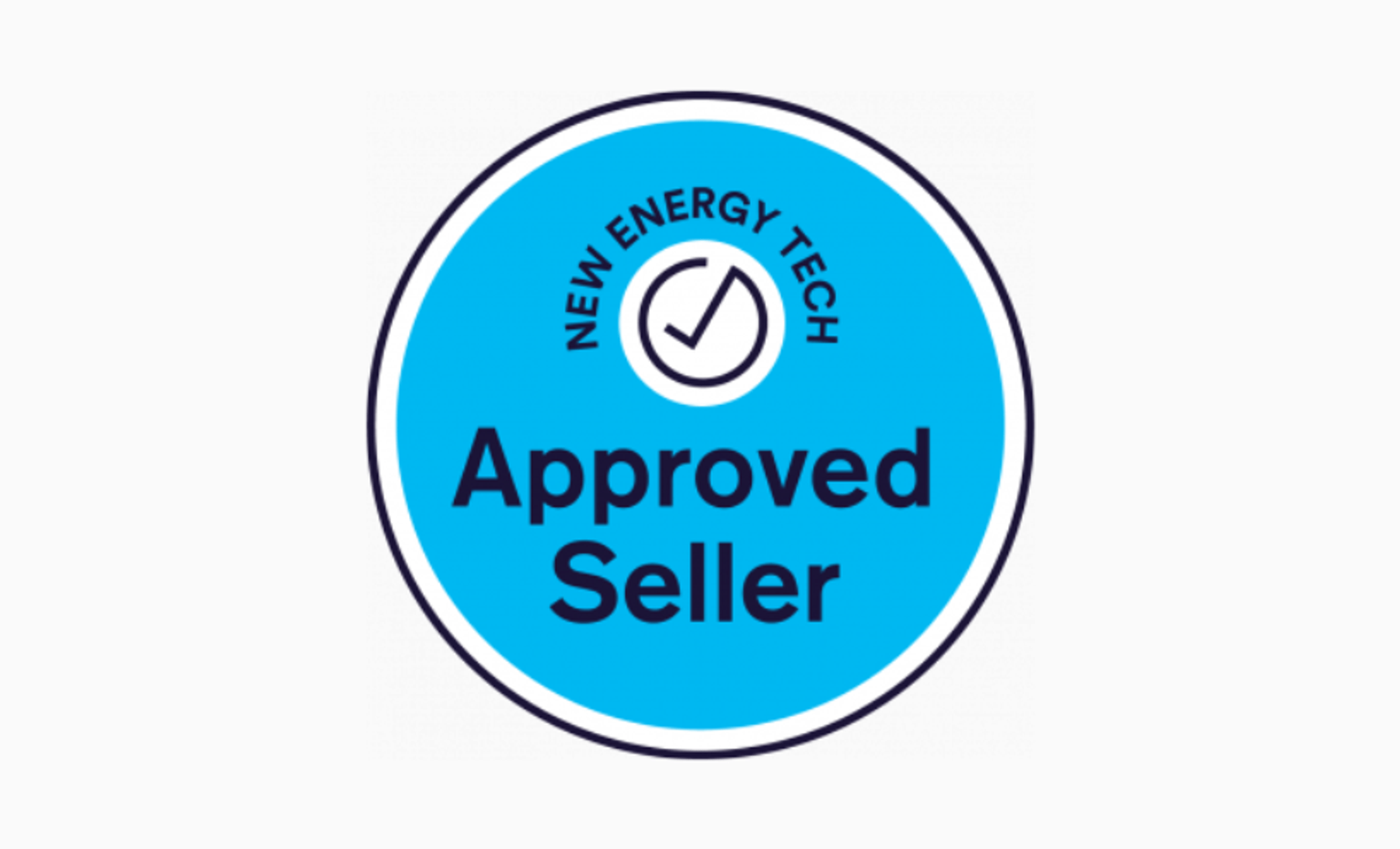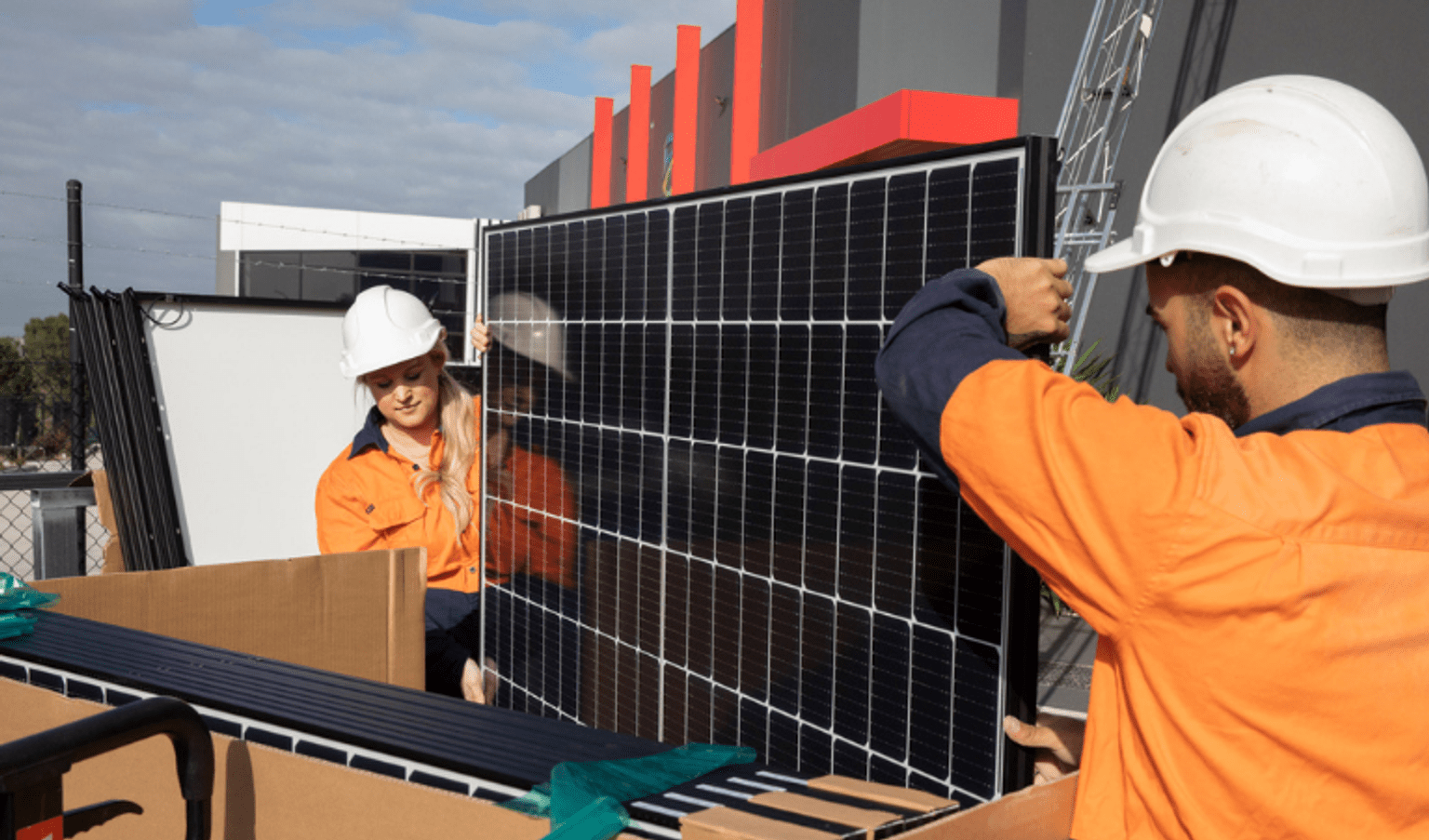Step 1: Get approval or accreditation
To participate in the Solar Homes Program, retailers and installers need to meet mandatory requirements set out in the Solar Victoria Notice to Market and in our terms and conditions.
Retailers
All solar panel (PV) and battery retailers must sign up to the New Energy Tech Consumer Code (NETCC) to become an authorised participant in the Solar Homes Program.
Installers
Installers and designers are required to have Small-scale Renewable Energy Scheme (SRES) solar accreditation for grid connected PV systems. If installing batteries, you will need the SAA battery installer accreditation for grid connected battery systems.
Note: Solar Accreditation Australia (SAA) has taken over from the Clean Energy Council (CEC) as operator of the Small-scale Renewable Energy Scheme (SRES) accreditation scheme.
Accredited installers who are also solar panel (PV) or battery retailers are required to get accreditation and sign up to the NETCC, which covers different responsibilities and obligations.
Step 2: Register your Solar Victoria account
Retailers
Solar panel (PV) and battery retailers who wish to participate in our program need to register to get a Solar Victora online account. Request this by emailing: retailers@team.solar.vic.gov.au
Include the following in your email:
- NET Approved Seller certificate
- Name
- Contact email
- Contact number
- ABN
- Entity name
- Trading name
- Business address
We will then send you an invitation to register on the Solar Victoria portal (‘the portal’).
After you have accepted the Retailer Terms and Conditions and provided other details, we will then add you to the authorised solar retailer list.
Authorised retailers must use the portal to upload customer quotes and be paid for the rebate or loan amounts that must be passed through to eligible customers.
If you are an existing authorised solar retailer for the solar panel (PV) rebate and solar battery loan, and wish to also participate in the hot water rebate:
- Log into the portal and navigate to “My account” on the top right corner, then
- Select “Hot Water (Owner occupier)” under the “Eligible Rebate Types” icon.
We will then also add you to the authorised hot water retailer list.
Installers
To participate in the Solar Homes Program, installers must first complete VU23631 Work safely on roofs with renewable energy systems and CPCCWHS1001 Prepare to work safely in the construction industry (White Card) training before we can onboard you.
You will need provide your certificate of attainment to confirm you have completed this training. To find out more go to Work safely in the solar industry.
The next step is to make a request to us by emailing: installers@team.solar.vic.gov.au.
We will ask you to confirm that you have completed mandatory safety training. Then we will invite you to join our program by emailing you a link to register a new Solar Victoria account with Service Victoria. If you have an existing Service Victoria account under the same email, you will need to log in to your original account and change the linked email.
When you have registered, we will email you and tell you how to download the Service Victoria online app.
Using the Service Victoria app during installation
Once your Service Victoria account is set up, you can log into the portal and accept the terms and conditions. You will then receive a confirmation email from Solar Victoria and can download the Service Victoria App to use for scanning customer QR codes.
The app contains your digital installer licence. You must show that licence to your customer when onsite. Use the app to scan the customer’s QR code. The QR code step helps to:
- keep everyone safe
- link the installation work to you
- tell regulators that the install is about to start and can be inspected to ensure safety standards are met.
Important: If you don’t scan the customer’s QR code on-site when you start the installation you are in breach of the Solar Victoria Terms and Conditions. This could result in you being suspended or removed from the program.
Additional installer requirements
Authorised installers must meet all mandatory requirements set out in the Solar Victoria Notice to Market. They include having:
- unrestricted (Class A) electrical licence registered with Energy Safe Victoria (solar PV and battery installers)
- completing mandatory safety training
- having a good safety record and complying with occupational health and safety laws.
Installers also need to provide a statement that they have had no significant contravention history or prosecutions registered with WorkSafe Victoria in the past three years (or with an equivalent authority in another Australian jurisdiction).
Also see our installer terms and conditions.

Notice to Market 2024-25
The Notice to Market sets out the mandatory requirements and recommendations for retailers and installers to participate in the Solar Homes Program.
About the New Energy Tech Consumer Code
This set of service standards aims to protect consumers purchasing new energy tech, including solar, batteries, EV chargers and more.
Becoming a NET Approved Seller means that your business meets trusted consumer protection standards and provides a quality service. It requires solar retailers to commit to stronger consumer protections than those in Australian Consumer Law. They include:
- marketing and selling practices are responsible
- products are fit for purpose and suited to the customer’s specific circumstances
- quotes and contracts are clear and fair
- warranties are honoured.
Protecting consumers is important for the integrity of Solar Victoria programs and the confidence of our customers. Find out more about consumer protections and industry obligations.
Go to the New Energy Tech Consumer Code program for more information.
Updated




